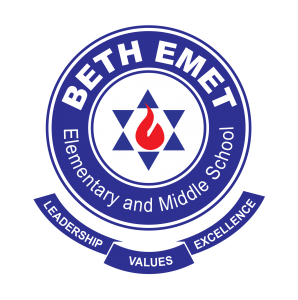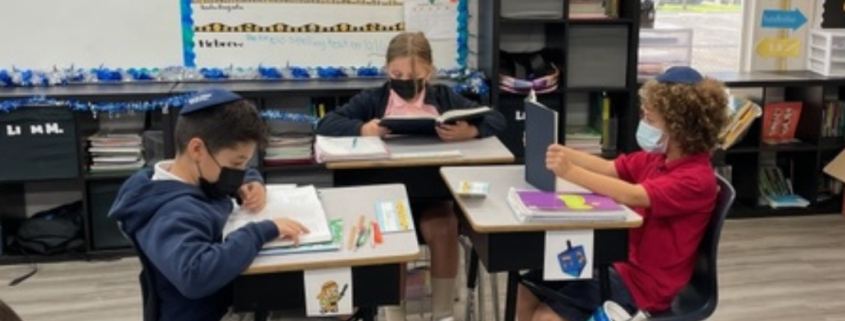Strategies to Increase Reading Comprehension
“So it is with children who learn to read fluently and well:
they begin to take flight into a whole new world as effortlessly as young birds take to the sky.”
-William James
Students read…a lot; but, just because they are reading words on a page, does not mean that they truly understand what is being read. That is why developing reading comprehension skills are so important.
Reading comprehension is how we process texts and develop meanings. It is known to be one of the hardest lessons to teach children, especially elementary and middle school students. Comprehension changes the way we interpret reading, as it occurs when texts begin to be seen and understood as thoughts or ideas, rather than just as words with no meaning.
Incorporating different strategies into daily lessons can help increase reading comprehension. Here are 5 top reading comprehension strategies for elementary and middle school students:
Read Out Loud to Develop Reading Comprehension Skills
This strategy is exactly what it sounds like…have children read out loud. Reading out loud encourages students to slow down their reading. By doing this, they have more time to process what they read. In addition, by practicing reading out loud, children are more likely to absorb what they read.
How often have you read a book and you find yourself rereading the same page five times and still do not know what was going on? The same can happen with children who are developing reading comprehension skills. If you read out loud, it is more likely you are focusing on what you are reading.
Reread to Clarify Meaning in Texts
The goal is for children to be able to read fluently and understand what they have read. One way to do that is to have students reread certain texts. If a child has a favorite storybook, have them reread that storybook to you often to develop a better understanding of the story.
No matter how many times they reread the book, they are learning! Combine this activity with the tip above (reading out loud) and you will have a child that develops reading fluency, as well as reading comprehension. Starting to practice both of these skills at a young age, such as in kindergarten will help children throughout their middle school years, and beyond!
Make Predictions and Inferences During Sequencing Activities
Children love to guess what is going to happen next. Having them make predictions can help them learn while they have fun! After reading a certain portion of a piece of text, pause, and ask your child “what do you think is going to happen next?” This can also be tailored to meet students’ needs and be done with visuals.
In order to make a prediction, readers will need to activate prior knowledge from what they read from the text. In other words, they will have to recall what they have learned and then infer what they believe will happen next in the story. This is such a great strategy to develop reading comprehension and helps readers become innovative thinkers.
Create Meaningful Learning Opportunities
The goal is to help students not only to become great readers but to be able to think critically. That is why it is so important to use meaningful learning opportunities when teachable moments present themselves.
When reading, encourage readers to infer or think critically. Critical thinking reinforces problem-solving skills and helps students to become independent thinkers. While reading, you can have students analyze the text, infer what will happen next, debate a portion of the text, and you can ask them why they believe what they do. All of these activities create opportunities for meaningful learning experiences to take place.
Provide Engaging Reading Activities
Reading can stimulate imagination and creativity. Provide reading activities that not only challenge students but are enjoyable as well! There are plenty of activities out there that can engage readers, such as through:
- Story Maps
- K-W-L (What students know, what they want to know, and what they have learned).
- Graphic Organizers
- Vocabulary sheets
Beth Emet School incorporates these reading comprehension strategies in lessons, but you can practice these at home too! The more practice the better!
Want to learn more? Visit https://bethemetschool.org/




